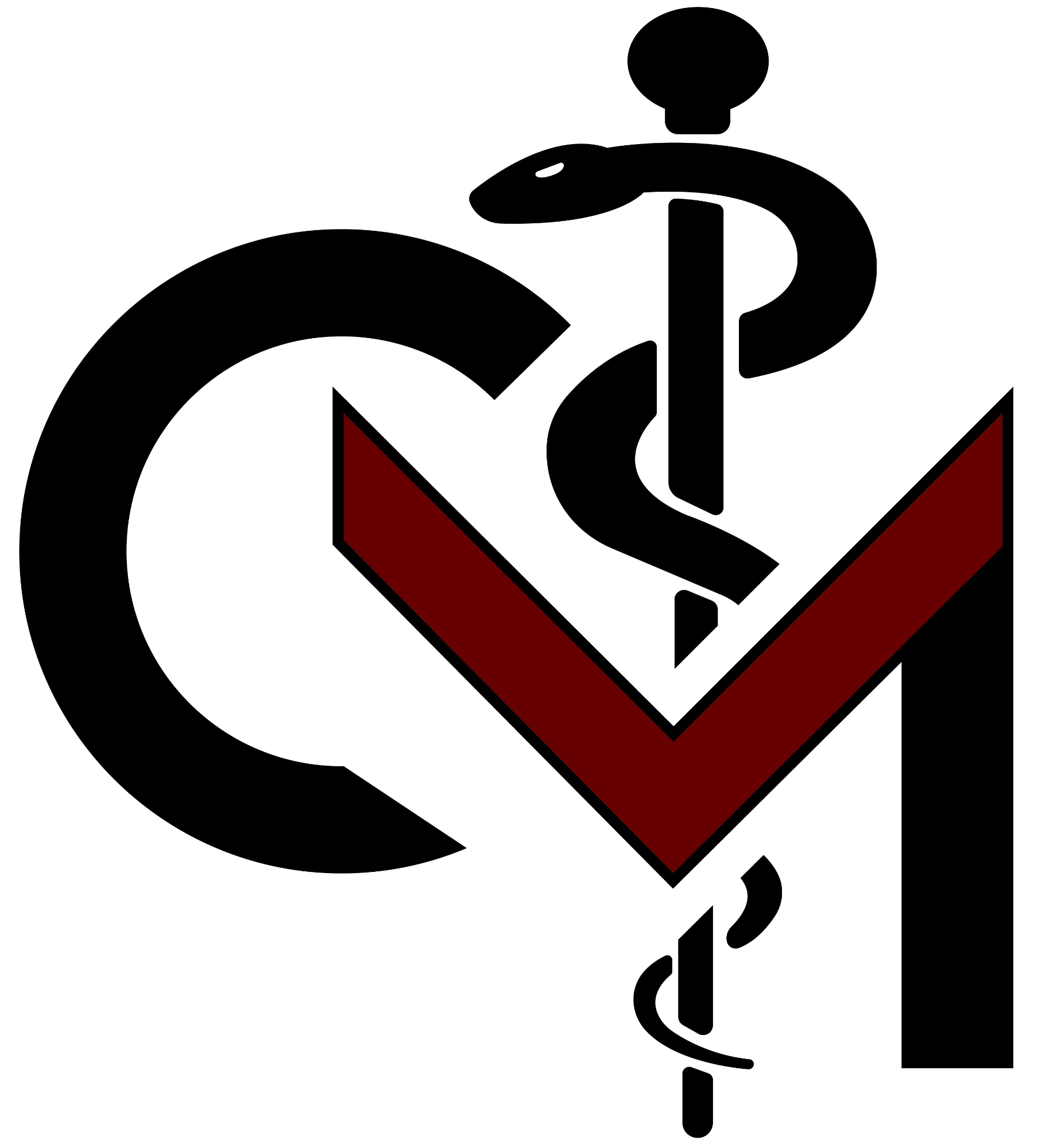What Happens in a Typical Pet Exam?
There are many steps that occur during your pet’s wellness exam. A history is taken about your pet’s lifestyle. Next, temperature, pulse and respiration rates are recorded as well as the pet’s weight.
Then the veterinarian will perform a nose-to-tail exam. The pet’s eyes, ears, mouth, lymph nodes, heart, lungs, skin, abdomen, and musculoskeletal system are evaluated and recorded.
We will provide an individual vaccine plan based on the needs and lifestyle of your pet and their unique environment.
Finally, based on the physical exam and lab work, recommendations are given to achieve and maintain optimal health for your pet. These recommendations could include dental care, nutritional counseling, behavioral advice and pain management.
The Importance of Preventive Care Exams
We recommend regular wellness exams for the same reason your physician and dentist recommend them – if you can detect a problem in its early stages, it's more likely to be treated and resolved with less expense, less difficulty and better success. As the saying goes, an ounce of prevention is worth a pound of cure.
Pets are genetically wired to hide any illness. Through routine wellness exams, preventable diseases like obesity, ear infections and dental disease can be addressed, and early screenings for arthritis, diabetes and kidney disease can be performed. The net result of routine wellness exams is early detection and prevention of disease, which means a healthier and longer life for your pet.
The Importance of Annual Labwork
Pets can’t tell us when they’re ill - lab tests can frequently detect illness in your pet before we see any outward signs of disease. And, treating your pet early can lead to a better outcome and possibly lower treatment costs.
Detection through lab tests helps prevent and treat potentially dangerous illnesses. Sick or senior pets often have more than one disease affecting them, complicating diagnosis and treatment. Lab tests can help pinpoint the problems. Some medications can harm pets with underlying problems like kidney or liver disease. Blood tests can ensure your pet is healthy enough to take the medication and identify unwanted side effects of medications. Even in young and healthy pets, lab testing gives us a valuable baseline picture of what represents good health for your individual pet and rules out hereditary disease. A recommended part of your pet’s annual exam, lab tests can spot health trends sooner, before they become more serious.

HOURS OF OPERATION
Our Regular Schedule
Harmony Heights Animal Hospital
Monday
7:30 AM-5:00 PM
Tuesday
7:30 AM-5:00 PM
Wednesday
7:30 AM-5:00 PM
Thursday
7:30 AM-5:00 PM
Friday
7:30 AM-5:00 PM
ADDRESS
220 Pollywood Ln Yadkinville NC 27055
harmonyheightsanimalhospital@gmail.com
CALL US
220 Pollywood Ln
Yadkinville, NC 27055
(336)679-8818
Harmony Heights Animal Hospital
All Rights Reserved ® 2024
Send us an Email at
harmonyheightsanimalhospital@gmail.com

